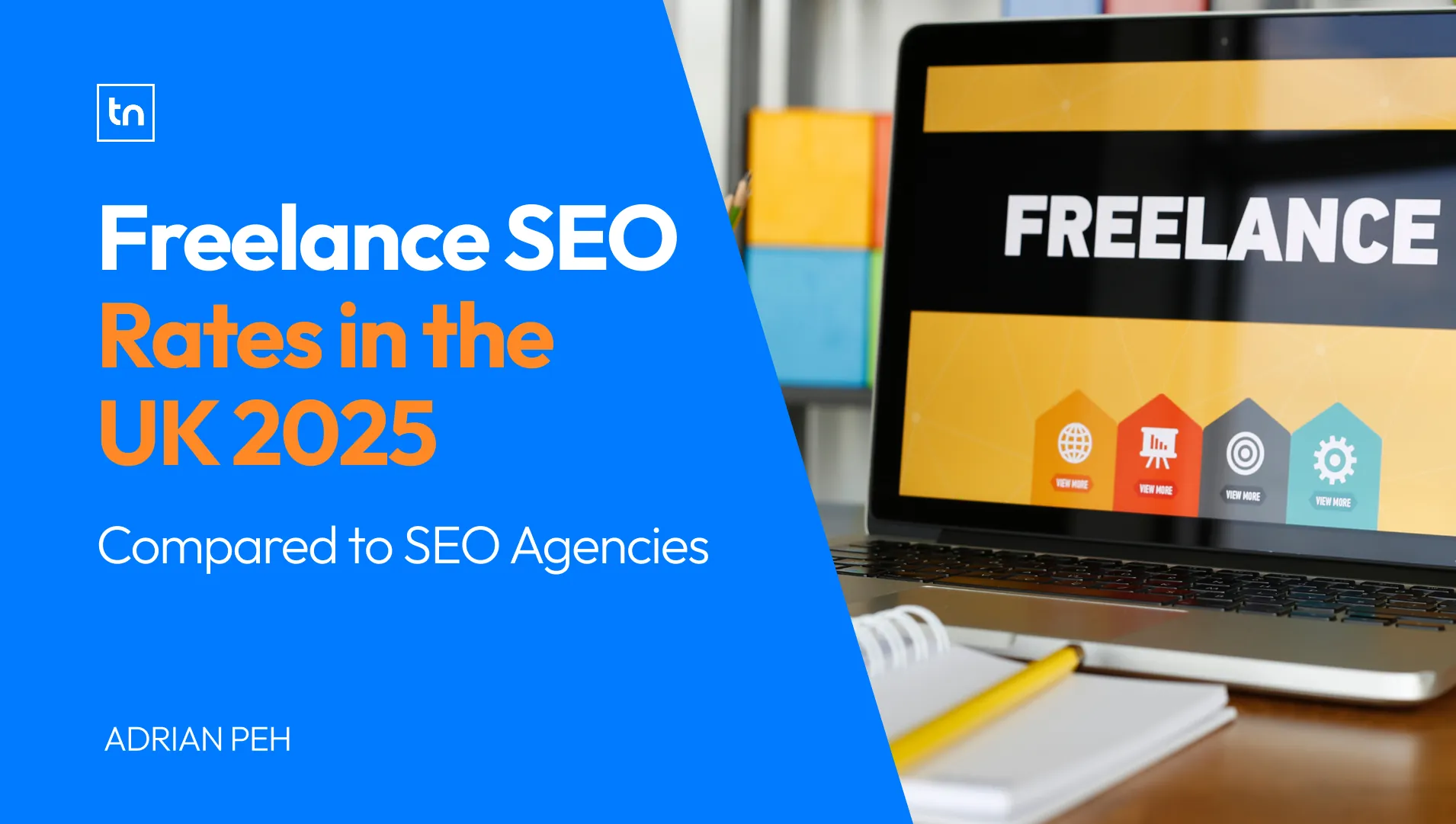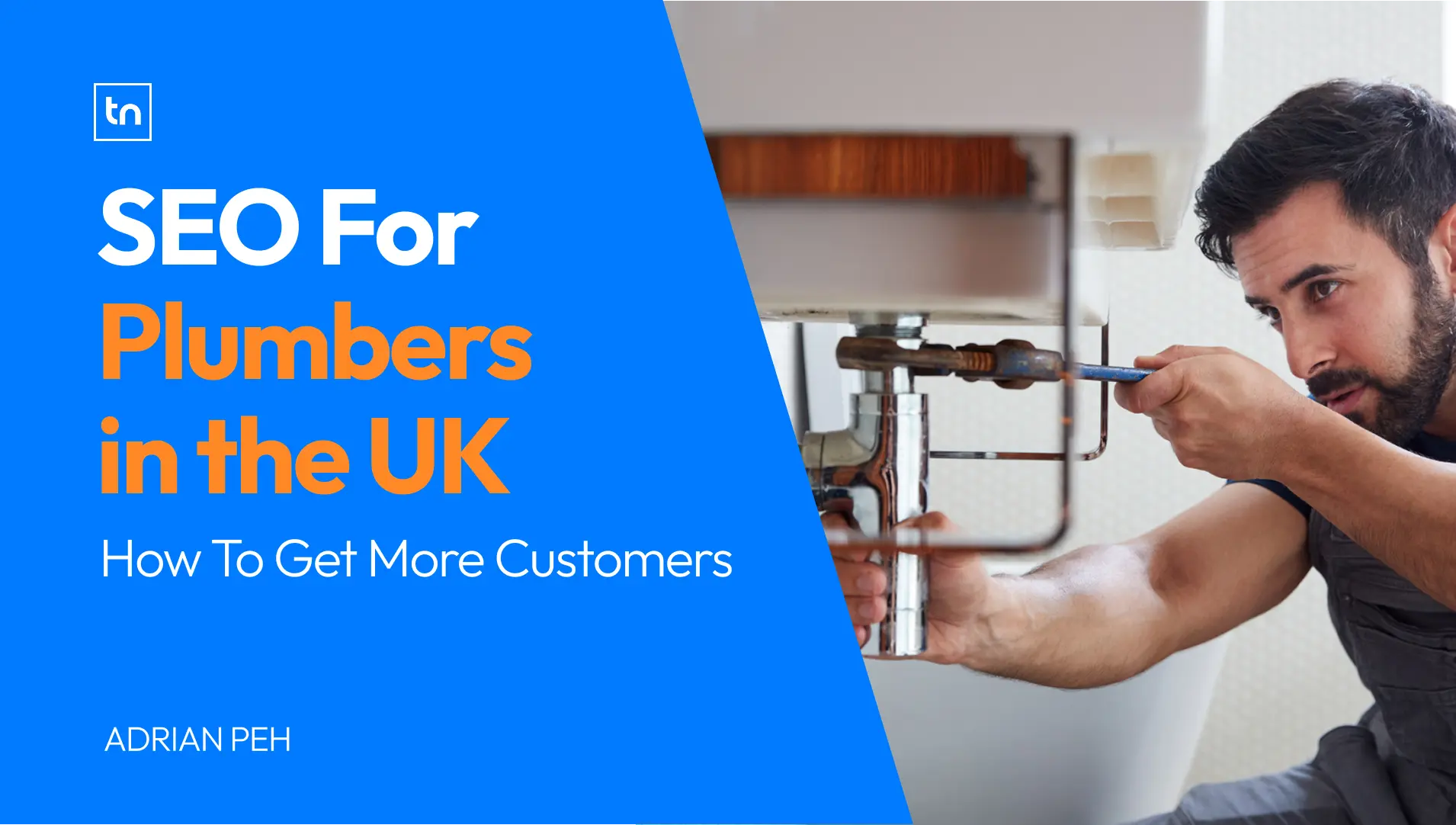Table of Contents
As an estate agent, you know how important standing out in a crowded market is. The digital real estate market grew exponentially in 2024, and now, in 2025, more than ever, SEO is crucial for estate agents.
If you want to reach homebuyers, sellers, or renters before your competitors, getting your website ranking higher on Google is essential. This is because over 97% of people buying their first flat or selling a family home start their property search online. (source: National Association of Realtors)
But don’t panic if you’re not an SEO expert. My guide shows you exactly how to leverage SEO for estate agents to attract your ideal prospects and sell more properties in 2025.
Key Takeaways
- SEO Attracts Quality Leads: Optimising your website helps draw clients actively searching for properties or estate agents in your area, resulting in targeted traffic and higher conversion rates.
- Local SEO is Essential: Optimising your Google Business Profile and using location-based keywords boosts your local search rankings, helping you compete with larger property portals.
- Keyword Research is the Foundation: Finding the right keywords helps you create high-ranking content that attracts more visitors by targeting what your clients are searching for.
- Content Marketing Builds Trust: Sharing relevant content like blogs and local guides strengthens your authority with Google and clients, positioning your agency as a trusted expert. Incorporate social media and short-form video creation in 2025 for maximum impact.
- Mobile Optimisation is Vital: As more clients search on phones, a mobile-friendly website with fast loading, easy navigation, and responsive design ensures a great user experience.
What is SEO for Estate Agents?
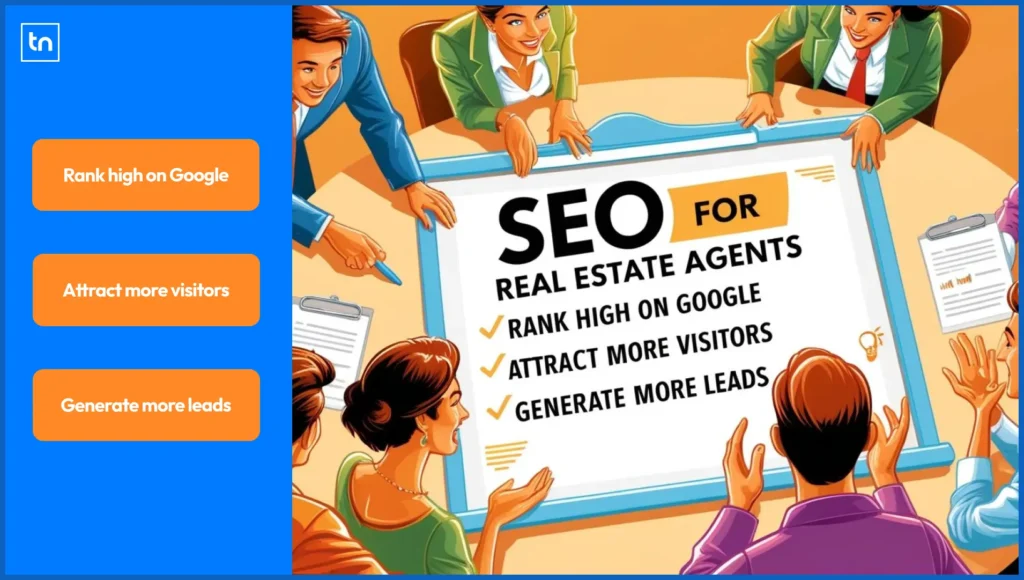
SEO (Search Engine Optimisation) is the process of improving your website’s visibility in search engines like Google and Bing. If you want people searching for properties to find your estate agency first, you need to optimise your website.
In other words, SEO for estate agents helps you rank higher when someone searches for terms like “estate agents in [your area]” or “property for sale in [location].
If you’re looking for someone to help you with your SEO, learn more about our SEO services, process, and pricing here.
The Importance of SEO for Estate Agents
In real estate, SEO can be the difference between a phone ringing non-stop with inquiries and your business being buried on page 10 of search results. Here’s why SEO is so important:
- More Visibility: A higher ranking on Google means more exposure to potential clients.
- Targeted Traffic: Local SEO allows you to target customers specifically looking to buy, sell or rent properties in your area.
- Cost-Effective: Unlike paid advertising, which requires ongoing investment, good SEO practices continue to attract organic traffic over time.
My recommendation:
Whether you plan to invest your time or money in SEO, consider it a long-term investment in sustainable lead generation for your real estate business. Ranking a site on Google includes many different aspects, but the goal remains the same: for your real estate business to become independent and flourishing, outperforming all your direct competitors.
Why Start Working On Your SEO Early As An Estate Agent?
Just like any different aspect of business, SEO has a compounding effect. The longer your website has been nurtured with fresh and relevant content, the more Google will appreciate it and show it in front of potential buyers because you gain Google’s trust.
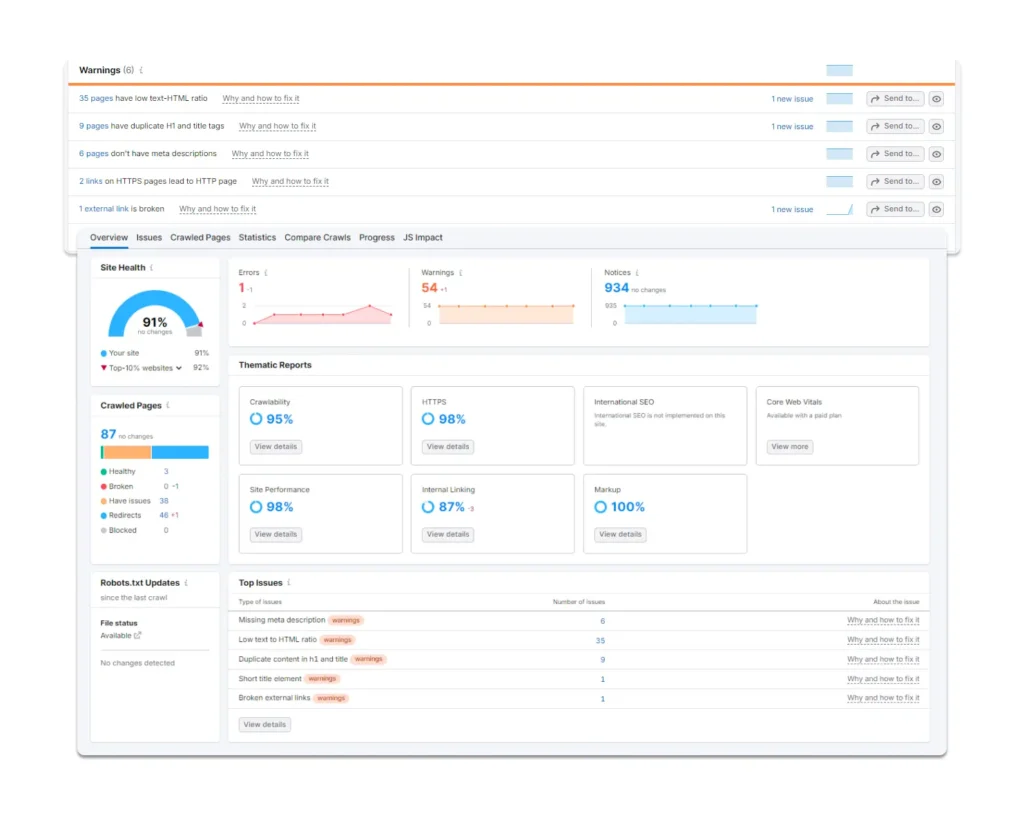
Do you want a free SEO audit for your website?
Why Estate Agents Need SEO?
As the property market becomes more competitive, estate agents must adopt digital marketing strategies to keep up. Here are some key reasons why SEO is crucial for estate agents:
1. Buyers Start Their Search Online
Over 97% of property buyers started their search online in 2024 and this is expected to grow in 2025. You’re missing out on valuable business if you do not appear in their search results. SEO ensures that when someone types in “buy property in [city]” or “best estate agents in [location]”, your website ranks high on search engines.
2. Compete With Larger Platforms
Platforms like Rightmove, Zoopla, and OnTheMarket dominate the UK real estate market. However, by focusing on local SEO, estate agents can target buyers and sellers looking for properties in their area. You don’t need to compete with the big players on a national level—local SEO will help you stand out in your town or city.
Here’s my advice:
As a solo Estate Agent or Estate Agency, you don’t need the web traffic that Rightmove and Zoopla generate daily. It’s impossible to handle that many enquiries. The best opportunities to make a significant revenue stream are in the long-tail keywords and questions that are too boring for big platforms to target.
3. Get Better Leads
SEO helps you target people who are already interested in what you offer. Rather than relying on cold calling or expensive advertising, SEO brings in warm leads actively searching for properties or real estate advice in your area. This leads to higher conversion rates.
4. Build Trust and Authority
When your website ranks high on Google, it signals to potential clients that you’re an authority in your field. People trust Google to show them the most relevant results, so if your website is ranking well, it boosts your credibility in their eyes.
Furthermore, by creating helpful content such as general and local guides and articles answering people’s questions, you’ll make people come back to your website, and when they decide to sell or buy a property, guess who they will call.
To summarise:
In today’s digital world, you must be online, whether on Social media or Google. With 97% of property buyers starting their search online, as an ambitious Real Estate agent or an agency, you can’t fall behind. Remember, you don’t need the traffic that big real estate portals have. You only need 1000 – 1500 monthly visitors, which could easily help you close 20-30 sales.
I will outline below all the aspects of a successful SEO campaign and how you can start doing it for your real estate business today without wasting time.
Key Components of SEO for Estate Agents
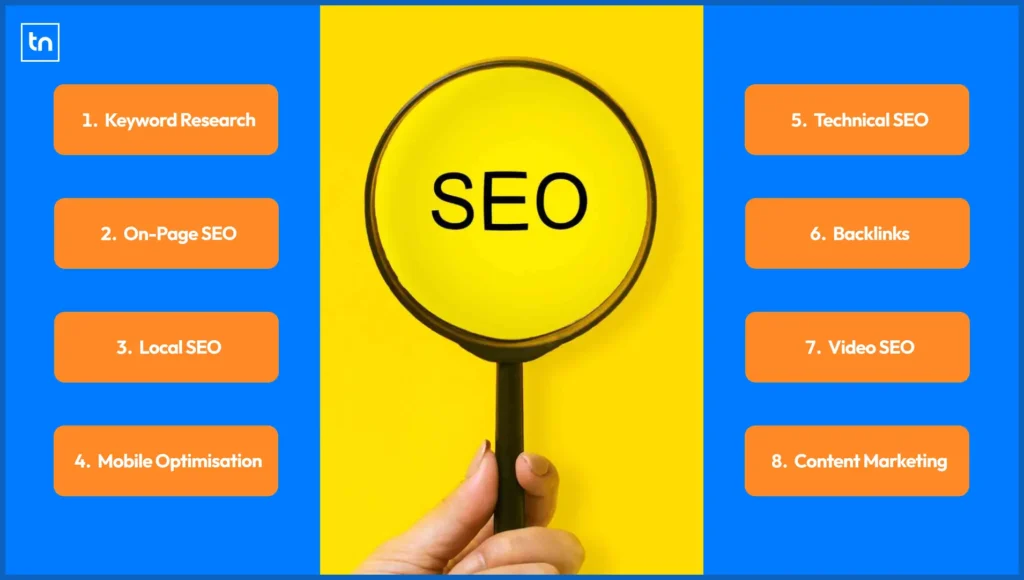
Now that we’ve covered why SEO is so important for estate agents, let’s dive into the tactics you can use to optimise your website. SEO can be broken down into several key components that, when combined, will give you the best results.
1. Keyword Research
Before optimising your website, you need to know what your target audience is searching for. This is where keyword research comes in. You’ll want to identify the search terms that are most relevant to your business. For estate agents, this includes:
- Location-based Keywords: Include terms like “estate agents in [city]”, “homes for sale in [neighbourhood]”, or “properties to rent in [town]”.
- Property Type Keywords: Consider terms like “3-bedroom house in [location]” or “luxury apartments for sale in [area]”.
- Service-based Keywords: These might include searches for “how to sell my house” or “best estate agent for first-time buyers”.
Pro tip: Choose keywords and phrases with below 20 difficulty and above 40 monthly searches.
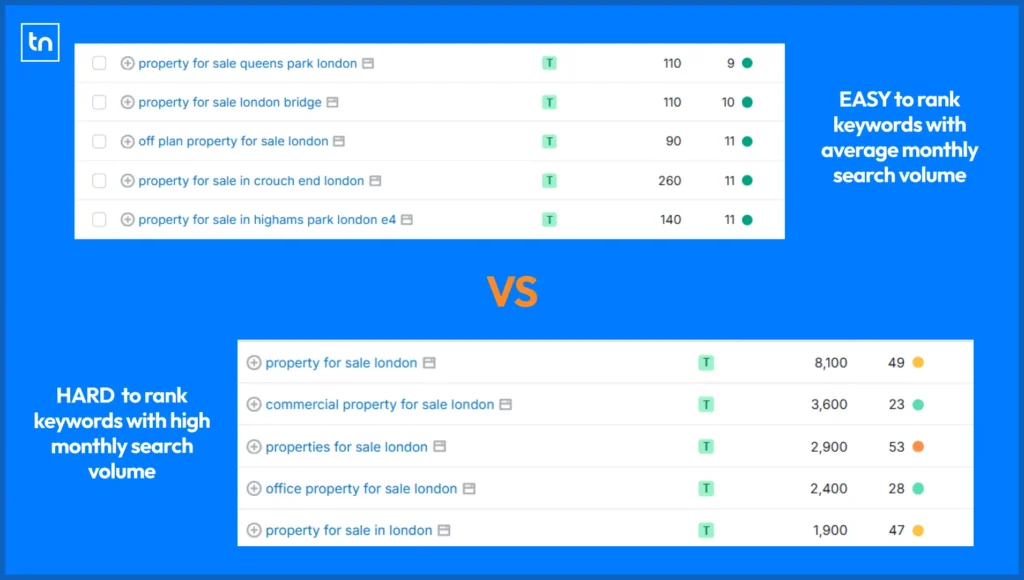
How to Find the Right Keywords
- Google Search: Type in terms you think your clients would search for. At the bottom of the search page, Google will offer suggestions showing what people are looking for.
- Keyword Research Tools: Tools like Google Keyword Planner, Ahrefs, and SEMrush can help you find keywords with high search volume and low competition.
- Competitor Research: Check out the websites of other estate agents in your area. What keywords are they targeting?
The Best Way To Approach Keyword Research:
- Sign up to Semrush and create a free account. No need to add payment details.
- You probably already know that but make a list of all your direct competitors. For example, if you sell luxury properties in Yorkshire, your direct competitors do the same. Lettings agents or others selling normal properties are not considered your direct competitors.
- Find their websites and paste each 1 by 1 on Semrush to find information about what keywords they rank for – Use Excel or Google Sheets to keep everything organised because you might have 100+ keywords.
- Look at the keyword difficulty, and if it’s between 1-20 and has 40+ visitors per month, list all keywords. Note that a greater keyword difficulty than 20 means it is very hard to rank if you are only starting out, and if a keyword search has 0 monthly search volume, there is no point wasting your time on it because nobody is searching for it.
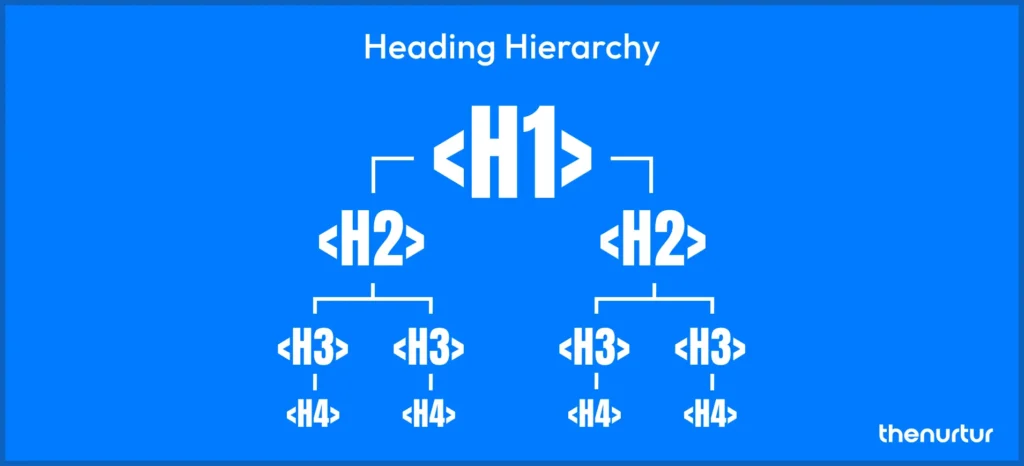
2. On-Page SEO
On-page SEO refers to all the elements on your website that you can control to help search engines understand your content better. This includes:
- Title Tags: These are the clickable headlines that appear on Google search results. Make sure they’re clear and concise, and include relevant keywords. For example: “Estate Agents in London | Find Properties for Sale and Rent”.
- Meta Descriptions: These are short descriptions under the title tags. Write a compelling meta description that encourages clicks. Include your keywords here too, but don’t overstuff.
- Headers and Subheaders: Use clear headings (H1, H2, etc.) to break up your content. This makes your page easier for both people and search engines to read.
- Content: Ensure your website content is engaging, relevant, and keyword-optimised. It should also answer potential clients’ questions, such as “How can I sell my home quickly in [location]?”
- Alt Text for Images: Adding descriptive alt text to your images helps visually impaired visitors and helps Google understand what the images are about and how relevant they are to your page content.
A friendly advice:
Avoid keyword stuffing. Google values natural, readable content. Use keywords in a way that feels conversational and relevant to the reader.

Done SEO but not getting any traffic? I can find out why.
3. Local SEO
Local SEO is essential for estate agents. Most of your clients will be searching for properties and estate agents near them, so optimising for local search is key. Here, you can learn more about what’s included in a successful Local SEO campaign.
Google Business Profile (GBP):
Claim and optimise your Google Business Profile (formerly known as GMB). This will help you appear in Google’s local pack—the map that shows up when someone searches for local services. Fill out all the information, including:
- Your business name, address, and phone number (NAP).
- Business hours
- Website link
- Photos of your office and properties
- Reviews and ratings
See how you should optimise your GBP in detail.
Use Local Keywords:
Incorporate local keywords into your website content. For example, instead of just saying “houses for sale”, say “houses for sale in [area]” or “flats for sale near [landmark]”.
Register On Local Directories:
Ensure your agency is listed on local business directories like Yelp, Yell, and Thomson Local. Also, ensure the NAP information I mentioned earlier is consistent across all platforms.
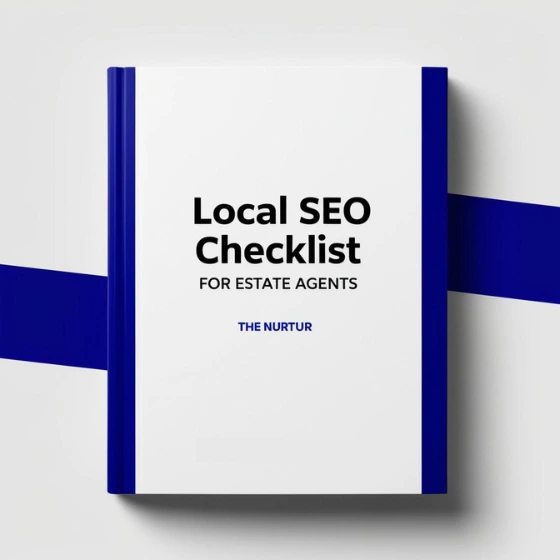
Let me help you organise your SEO process. Get my Free Local SEO Checklist for Estate Agents.
4. Mobile Optimisation
According to explodingtopics.com, 92.3% of online searches are performed through a mobile device as of 2024. This means the majority of property searches are now conducted on mobile devices, which is why, without compromise, your website must be mobile-friendly. Here’s how to optimise your site for mobile:
Responsive Design:
Ensure your website has a responsive design, which automatically adjusts to fit any screen size—desktop, tablet, or smartphone.
Speed:
A slow-loading website can result in high bounce rates. Use tools like Google PageSpeed Insights to check your site’s speed and make improvements. Compress images, reduce heavy content, and optimise your hosting.
Top tip: If you are using WordPress with Elementor Pro, build your web pages with containers instead of sections. This will supercharge your website’s speed because it requires less code on the backend to add multiple elements and align them properly. This is how we build websites at thenurtur.
Easy Navigation:
Make sure your mobile site is easy to navigate and has clear calls to action like “Contact Us” or “View Properties.” Large buttons, easy-to-read text, and high colour contrasts are essential for a good mobile experience.
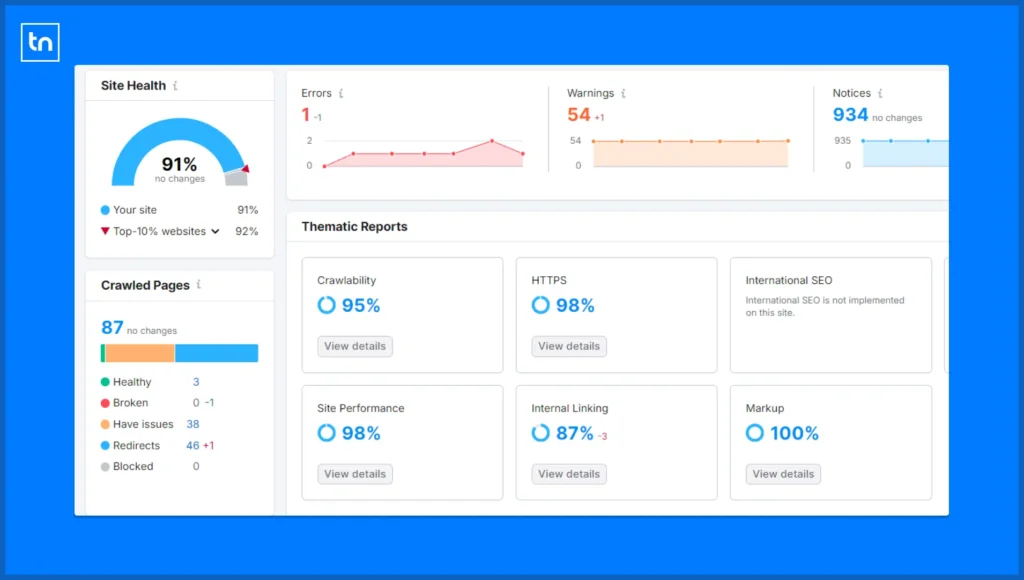
5. Technical SEO
This is the “behind-the-scenes” stuff that helps search engines crawl and rank your website.
Quick Technical Fixes:
- Site Speed: Compress images and use a fast web host to ensure your website loads quickly. Slow sites result in high bounce rates. Hostinger is one of the fastest and most affordable web hosts for domains in the UK.
- Secure Your Site: Make sure your site uses HTTPS instead of HTTP. Google favours secure sites and will penalise you if you don’t have an SSL certificate. Hostinger, by default, provides your website with an SSL certificate and secure HTTPS connection.
- Schema Markup: Add structured data (schema markup) to highlight your property listings directly in Google search results. This can improve visibility and click-through rates.
Technical SEO is a complex topic. The above 3 recommendations are just the tip of the iceberg. Here you can learn more about our Technical SEO services.
6. Backlinks
Backlinks are links from other websites to yours. They tell Google your site is trustworthy.
How to Get Backlinks:
- Partner with Local Blogs or Newspapers: Feature your listings or insights in local media outlets. These backlinks show Google that you’re a reputable, authoritative source.
- Sponsor Local Events or Charities: Getting mentioned on event or charity websites is a great way to earn backlinks.
- Write Guest Posts: Contact local business blogs or websites and offer to write a guest post in exchange for a backlink.
Here’s a trick of the trade:
When you write your blog articles, case studies and local guides, include information based on primary or secondary research that is not widely available online. This way, you can make other websites that find your content link back to it because it’s original and not written by ChatGPT.
7. Video SEO
Video is a game-changer for estate agents. People love virtual tours, walkthroughs, and neighbourhood overviews.
How to Optimise Video for SEO:
- YouTube: Post videos on YouTube with keyword-rich titles and descriptions. Google owns YouTube, so videos here are given more weight.
- Embed Videos on Your Website: Videos, especially virtual tours, should be part of your property listings. Google loves content that keeps users engaged, and video is a great way to boost engagement.
- Share Videos on Social Media: Share your videos across your social media channels to increase visibility and drive traffic to your website.
- Create Short-Form Videos: Shoot quick walkthrough videos for TikTok, Reels and LinkedIn and use keyword-optimised descriptions. For example, if you have a walkthrough in a 5-bed house in Newcastle, start your video description with “5-bed house in Newcastle”, then describe the home and link back to a relevant page on your site. This wasn’t that relevant in 2024, but now, in 2025, all short-form video creators talk about it, and it works.

8. Content Marketing
Content marketing is one of the best ways to improve your SEO and build authority in your area. By creating valuable content, you can answer common questions, offer useful tips, and provide insights into the property market in your area.
Blog Posts
Regularly update your website with blog posts about the property market, buying tips, selling advice, and market trends. For example:
- “How to Choose the Right Estate Agent in [City]”
- “Property Guide for [Location]. Best Areas to Invest In”
- “A Step-by-Step Guide to Selling Your Home in [Town]”
Local Guides
Create comprehensive guides about the neighbourhoods you serve. Include information on:
- Local amenities
- Schools and parks
- Transport links
- Average property prices
- Local businesses
- Upcoming events
- Think outside the box: Number of new home buyers in 2024, etc.
These guides will help you rank for local keywords and give your potential clients valuable insights into the areas where they may want to buy or rent.
Case Studies and Testimonials
Show off your successes with detailed case studies and testimonials. Share stories of how you helped clients sell their homes quickly, find their dream properties, or navigate the property market during challenging times.
How to Plan Your SEO as a Real Estate Agent
I get it, if you never tried to do SEO, the information I provided above may seem too overwhelming. As I mentioned several times, SEO generally takes time, and you don’t need to complete all tasks at once. Here’s the best way to approach this:
- Focus on optimising your website, ensuring it loads fast and is fully responsive on mobile, tablet, small and large desktop devices.
- Perform competitor research to find all easy-to-rank keywords they use related to your market and offer.
- Create a Google sheet or Excel file to make a table separating all keywords into local and general keywords.
- Create and optimise your Google Business Profile. To ensure consistency in your business information, you must create an NAP file in Google Docs.
- Check your current web pages and see what can be improved, then perform an On-page SEO.
- Now, you’d go back to Semrush and look up every keyword to find relevant long-tail keywords or phrases that are easy to rank for and have a good monthly search volume.
- Lastly, create a content planner to make at least 1-2 new weekly pages or articles. In this part, you need to be consistent; Google recognises that.
If you are curious about the SEO costs for Estate Agents in the UK, here’s a helpful guide to help you understand the difference between pricing models and SEO providers.
Conclusion: SEO for Estate Agents
SEO for Estate Agents and Agencies is a continuous process. It requires regular attention and updates, but the benefits are worth the effort. By implementing my SEO strategies, you can see real improvements in your online visibility, website traffic, and lead generation. This is the single most effective way to build a long-term sustainable revenue stream that only gets better over time.
Whether it’s researching keywords or improving your site’s content, start today, and you’ll be on the road to more leads, sales, and success.
Remember, SEO isn’t about perfection but about continuous improvements. Keep at it, and soon, you’ll notice the difference!
FAQs
Yes, SEO for Real Estate agents is the most effective way to consistently attract ready-to-buy leads, just like referrals from past clients. When a real estate website has been optimised and nurtured correctly, the only thing left for you is to close more sales.
What does SEO stand for in real estate?
SEO stands for Search Engine Optimisation, a marketing technique that makes Real Estate websites easily discoverable online, attracting potential buyers and sellers.
Do I need an SEO agency?
No. Hiring an SEO agency as a Real Estate agent is unnecessary. You can learn SEO online through free video courses or read our SEO guide. Typically, real estate agents hire SEO agencies because they are not tech-savvy or don’t have enough time to invest in learning and continuously optimising.
How is SEO calculated?
There are several different ways to calculate SEO. Typically, SEO agencies and freelancers charge per hour, depending on your needs, and other providers make performance-based agreements, where they charge a certain percentage of the total revenue generated within a certain amount of time. Learn more about SEO costs in the UK here.
What is SEO in property management?
This is a marketing approach to help a property management business become easily discoverable online so potential clients can find it when they search for specific key terms.





